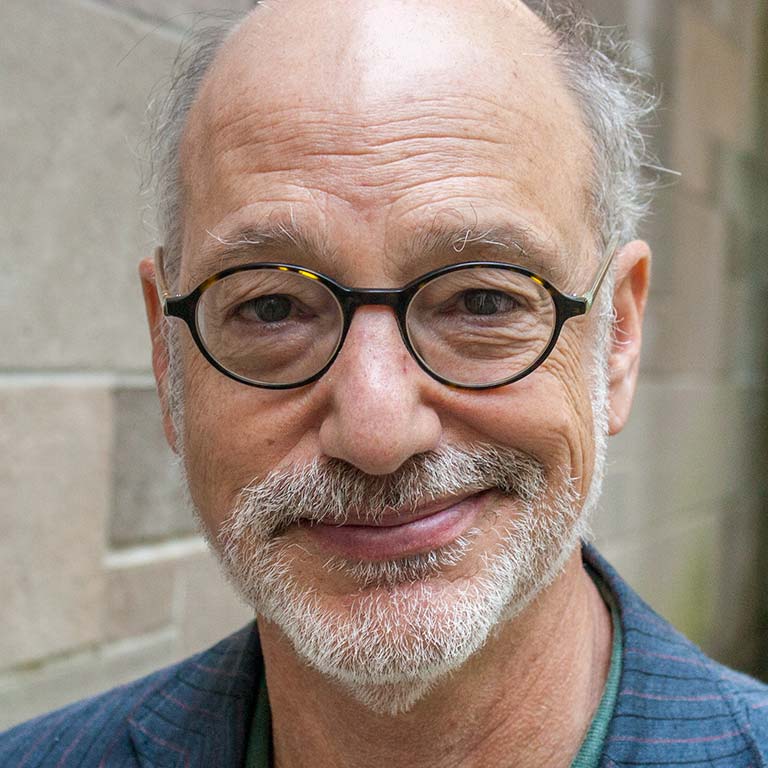In both my teaching and scholarship, my main focus has been on Early Modern Europe, with a research interest in France. And within this field I have largely hewed to one central theme: the formation of the centralized state, which arguably was most and earliest apparent in France, along with the cultural and social aspects of this particular political development. This reflects an interest, not only in Europe from the Renaissance to the Revolution, but also in the political and cultural history of other regions and other times insofar as the emergence of the nation-state is clearly one of the main themes of global history in the last half millennium.
For much of my career I have explored various ramifications of political centralization, which I analyzed in the most sustained fashion in my first book, Public Life in Toulouse, 1463-1789; and which I subsequently examined in relationship to forms of public display in The Ceremonial City. My third book, Dignified Retreat: Writers and Intellectuals in the Age of Richelieu, looks at the intersection of the world of letters and the political culture of this crucial period of state-formation in French history. My most recent book, The Return of Resentment: The Rise and Decline and Rise Again of a Political Emotion, is a radical departure from my previous work, in which I explore concept of "resentment" as deployed as an analytical tool for understanding various, mostly right-wing movements in the twentieth and twenty-first centuries. My current book-in-progress continues on this path beyond my original focus on the Early Modern period. Tentatively titled “The Struggle for Dignity: Recognizing Human Dignity in Modern Times,” it aims to clarify how we have gone from understanding dignity as a value implying hierarchy and distinction to a universal ascription for all of humanity.
My teaching largely reflects my long-standing interests, as well as a desire to convey to students some of the most exciting aspects of Early Modern European History—a field that has attracted some of the best and most imaginative historians of our time. I routinely offer courses on “Europe from the Renaissance to Napoleon," “Religion, Magic and Witchcraft,” “Culture and Society in Early Modern Europe,” "Introduction to Historical Methodology,” and "Intellectual Cultures of the Renaissance."
From 2005 to 2015 I was Editor of the American Historical Review.



 The College of Arts + Sciences
The College of Arts + Sciences